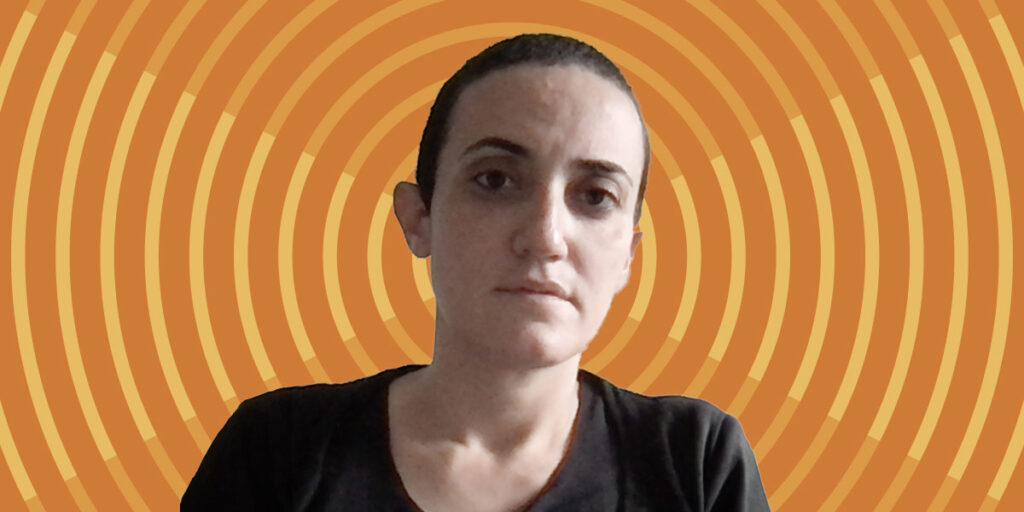Lina Attalah, a renowned Egyptian journalist and co-founder of the independent publication Mada Masr, has shared valuable insights on freedom of expression in Egypt and the region during a recent interview. Her work has been widely recognized, with Time magazine naming her one of the 100 most influential people in 2020 and her receiving the Knight International Journalism Award, highlighting her courage and commitment to critical journalism.
In the conversation, Attalah emphasized the importance of freedom of expression by stating that “being able to think without too much calculation and without fear” is a fundamental principle. Despite the severe restrictions Egypt has faced throughout its history, her passion for journalism stems from the need to give visibility to voices that are often silenced.
The journalist also shared her impressions after a recent visit to Syria, where she noticed a significant change in the perception of fear among the population. Although many still live in a state of uncertainty, the relief over the decrease in that fear has generated a sense of hope amidst the repression suffered by the regime.
Reflecting on the situation in Egypt, Attalah highlighted the notable transformation since the 2011 revolution, which opened up space for free expression, to the present day, where the situation has worsened under the government of Abdel Fattah el-Sisi. This period has been marked by extreme media control and a drastic reduction in the margin of maneuver for journalists and activists. “Everything has become more restrictive,” Attalah affirmed, emphasizing how criticisms have been almost eradicated and the repercussions for those who dare to question are severe.
State repression intertwines with the dominance of large technology companies, which, according to Attalah, have failed to understand the political and social context of Egypt, further affecting independent media. This reality has forced journalists to deal with an environment where censorship can come from both the government and private corporations.
Attalah also mentioned Alaa Abd El-Fattah, a prominent political prisoner in Egypt, whom she considers a symbol of the struggle for freedom of expression. She expressed her hope that 2025 will be the year his release is achieved, highlighting how his absence has amplified his voice in the debate on human rights in the country. “His voice has been amplified through the void that his absence represents,” she commented.
Finally, Attalah addressed a direct message to the government of the United Kingdom, urging them to act decisively to secure Alaa’s release. “There can be no more abstract justifications; simply, set the man free. This is what remains of what it means to be a democratic government,” she concluded, reiterating the need for efforts in the fight for fundamental rights in Egypt and the region.
Referrer: MiMub in Spanish
